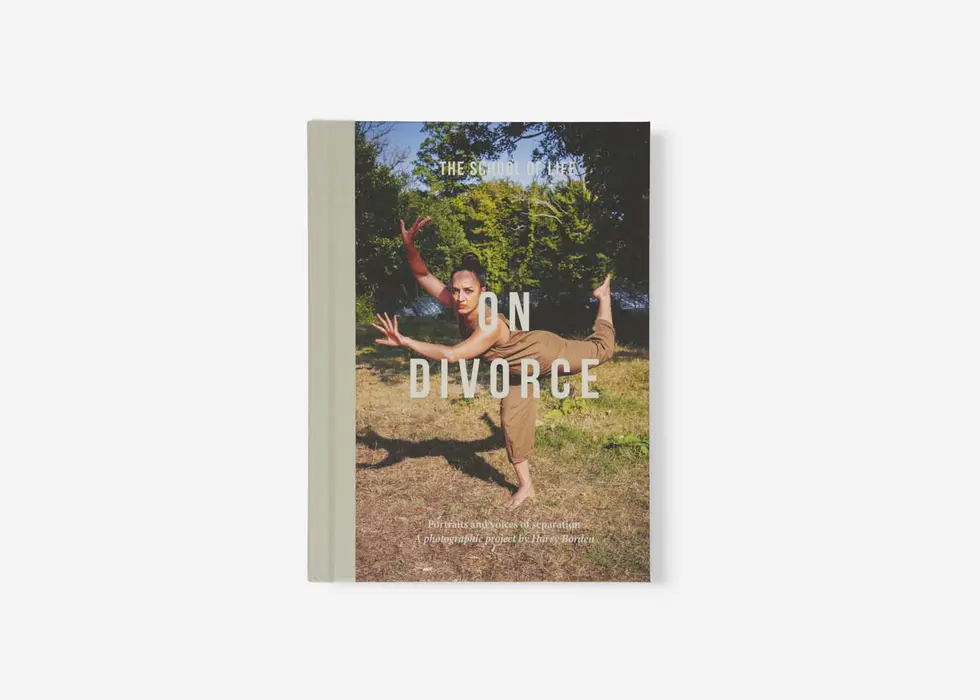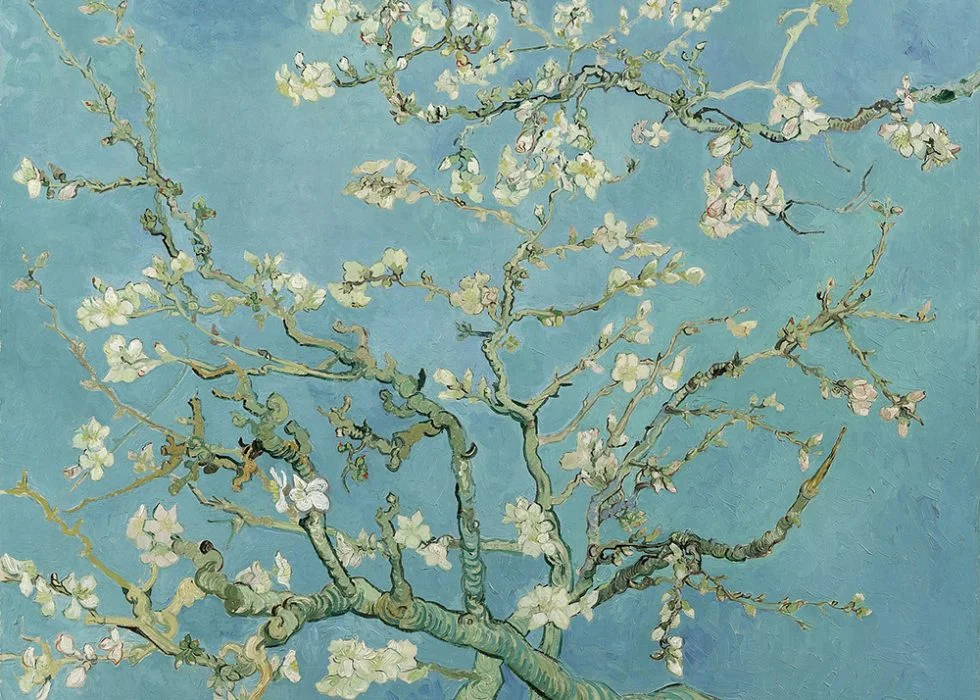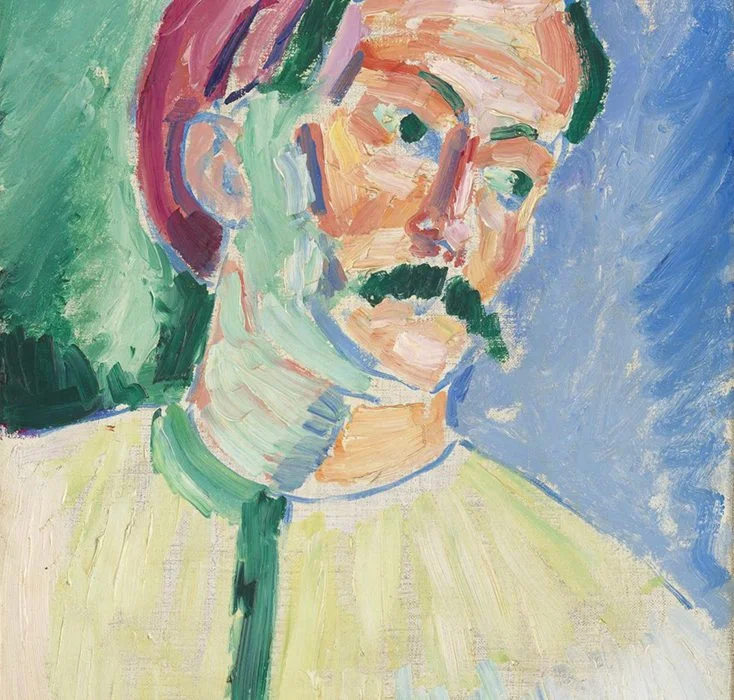Relationships • Conflicts
The Miseries of Push-Pull Relationships
There is a kind of relationship proverbially known as the push-pull relationship, in which an ostensibly loving couple constantly ends up mired in conflict and, despite their sincerely held belief that they want to be together, cannot seem to last any length of time before descending into new rounds of anger and bitterness that makes both of them doubt that this can ever last.
Something keeps interrupting each person’s sense of safety. Perhaps A regularly mentions other people they might want to sleep with – which leaves B humiliated and jealous. Or perhaps B behaves in a punitive and forbidding manner – which leaves A feeling like a scolded and offended child. Sometimes A has lots of parties they need to go to urgently; sometimes B uses their work to absent themselves. Both are engaged in ceaseless rounds of exquisite games of distance management; never letting their partner get away entirely but always reliably taking an axe to any shoots of deeper loyalty and ease that might have a chance of springing up. The couple insist on their love for one another but cannot ever achieve the level of safety required to have a shot at happiness.
How can we possibly understand a relationship as full of strife as this (which may unfold in otherwise idyllic circumstances, in prosperous surroundings, in lucky parts of the world, in the hands of predominantly kind and sensitive people)?
The difficulties are open to a common sense reading for sure: perhaps one or other of them is just ‘a bit difficult’. Perhaps one or other of them is reading a lot into the situation. Maybe they’ve been a bit unlucky.
But we should at least entertain the notion that there is a very powerful part of their minds called the unconscious at work and that below a layer of rationality and polish, two people are in fact acting out according to a script from childhood with one overwhelming dictate at its heart: thou shalt not be content in love.
Somewhere in the past, we can pretty much guarantee that the two members of a push-pull couple will not have enjoyed satisfactory relationships with their early caregivers. These are not going to be people who were held, cherished and made to feel like they mattered. We almost don’t need to say any more… There might have been a mother who was humiliating and rejecting; there might have been a father who was angry or disengaged. From this, without properly understanding the legacy of neglect, these two people will have become experts at defensive strategies; they will have built up their personalities on the basis of needing to be alone or at least guarded and angry in love. The prospect of mutual satisfaction terrifies them, no less than freedom does the newly released prisoner. Happiness can be uncommonly hard to bear if one’s early survival depended on having had to manage to do without it. A small cuddle can feel like a threat, when one has spent from zero to ten honing the art of coping without one.
These lovers will have become hidden masters at either finding people who can never give them the love they ostensibly crave but are inwardly terrified and discomfited by. Or – if we assume that the partners they have picked are not inherently rejecting – they have a genius at forcing from them the very patterns of distant and hurtful behaviour that they knew, and were harmed by, in the past and still need to this day in order to recover their equilibrium. It may seem as if – by being miserable all the time – they are unbalancing themselves. In reality, they are simply trying to find their way back to the only kind of balance they ever knew; the lonely kind.
It might seem – from the outside – as if there could be no real reason to fight so much. Why another pleasant weekend ruined? Why another nice dinner which ends in a sulk on the train home? What they would be missing is the unbearable quality of happiness for both of them. The last thing either of them can stand is to feel safe. The last thing either of them want to give up are their weapons. They didn’t get to be where they are today by trusting a soul.
All this amounts to what the French call ‘une folie à deux,’ or a joint dance of madness. What is to be done to escape it? First an overall cautionary principle: two people who have not enjoyed happy relationships in early childhood probably do not belong together or are at the very least making the ground extremely steep for one another by trying to correct their childhood scripts with someone whose own childhood script tells them that love doesn’t work.
If they do decide to try to make it, they have no option but to toil with rare energy to get extremely intelligent about the relative unconscious parts of their minds: about the psychotherapeutics roots of the misery they are driven to enact. They should almost certainly be exploring their behaviour with the help of a therapist, and be trying to get wiser at sensing who is pushing and who is pulling, why and when.
Both should realise that there is a ‘pleasure’ or at least a necessity for them in a miserable, high-conflict unsatisfactory relationship. They are scratching away at a wound that feels so important to stay close to and yet that they cannot heal. They are circling their childhood’s most central and most unbearable idea: that love doesn’t work, that no one loves them and that they are alone.
At the same time, these poor push-pull lovers should at quiet moments (after yet another argument) dare to ask themselves: do I really want this? Could I bear something better? There are 8 billion people on the planet, could I allow myself to feel that I deserve someone more reliable? One who does not do this? And prevents me from doing this in turn? One who cleanly and clearly is not playing any game with me? Can I bear to put my weapons down once and for all? Can I bear to simply love and be content in a way that – for tragic reasons – I never could as a child but now, at last, finally want to attempt as an adult?

























